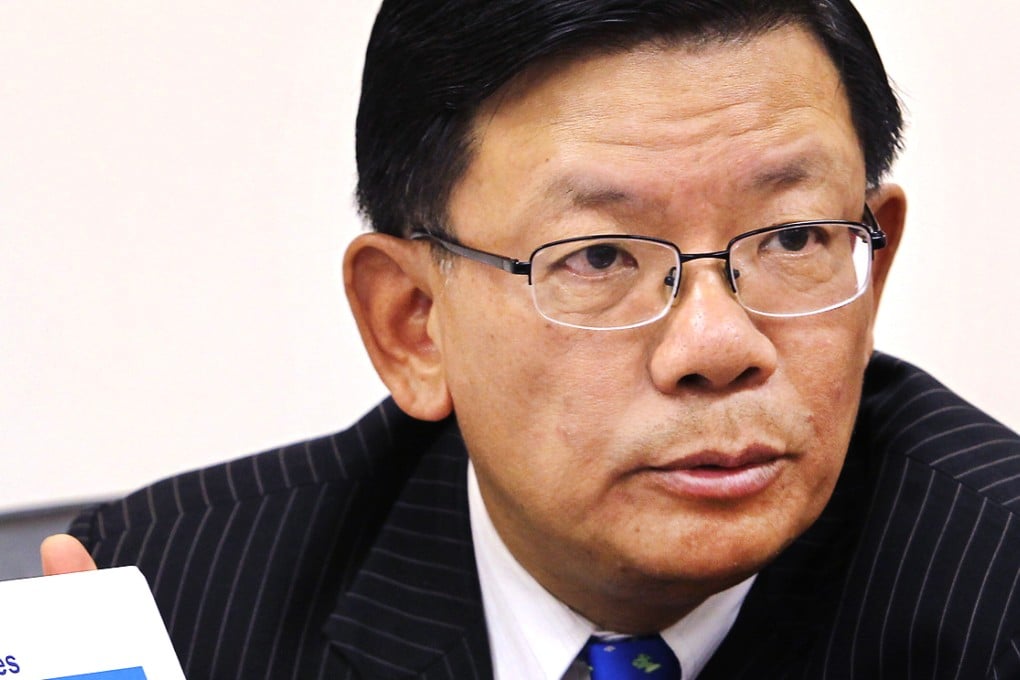Mainland Chinese engineers can help Hong Kong's projects, ex-civil servant says
Hong Kong can look across the border to find more engineers from 2016, if the relevant mainland professional body is accepted into an international pact, a top local engineer says.

Hong Kong can look across the border to find more engineers from 2016, if the relevant mainland professional body is accepted into an international pact, a top local engineer says.
The city has a huge need for engineers amid the many projects under construction, including five MTR lines, the Hong Kong-Zhuhai-Macau bridge and West Kowloon Cultural District.
And a possible source of skills would be mainland engineers, said Raymond Chan Kin-sek, former head of the Geotechnical Engineering Office under the government's Civil Engineering and Development Department.
Chan noted that the China Association for Science and Technology (Cast) was granted provisional status at the Washington Accord last year.
The accord is a global agreement among accreditation bodies for engineering qualifications.
"Cast's status will be reviewed in two years to see if it is qualified to become an official member," Chan, who stepped down recently as president of the 31,500-member Hong Kong Institution of Engineers, said.